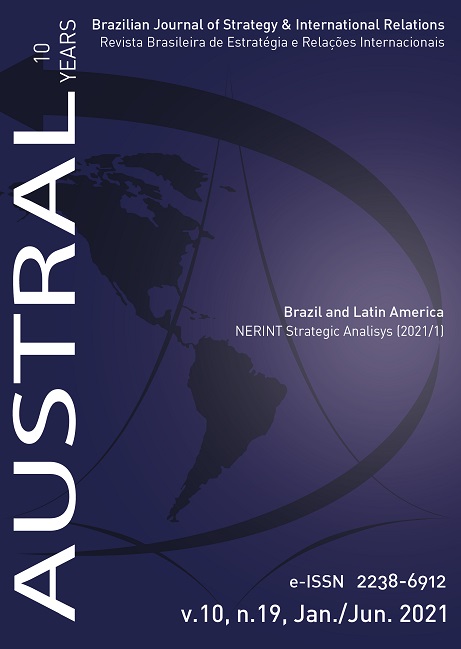THE IMPORTANCE OF MIDDLE EAST IN RUSSIAN FOREIGN POLICY
DOI:
https://doi.org/10.22456/2238-6912.112540Keywords:
Soviet Union, Russia, Vladimir Putin, Foreign Policy, Middle East.Abstract
The Soviet Union emerged as a superpower in the Cold War, and after the collapse of the Soviet Union in 1991, a new Russia was formed. To achieve the hegemony of power, Russia's security document was given priority. In the first term, Vladimir Putin focused on pragmatism and emphasized the power of domestic politics and the revival of the Russian economy. In his second term, Putin focused on the politics of realism to gain power on the international stage and return to what Moscow is interested in. In his second term, Putin pursued a political (power expansion), security (avoiding differences), and economic (strengthening Russia) view Middle East. Therefore, in this study, Russian foreign policy in the Middle East and its importance The question for this study is: what factors in Russian foreign policy made the Middle East region important for Russia? And the hypothesis for this question: Russia's concern about Islamic fundamentalism (security), economic and political reasons are among the most important factors in directing its foreign policy to the Middle East.


